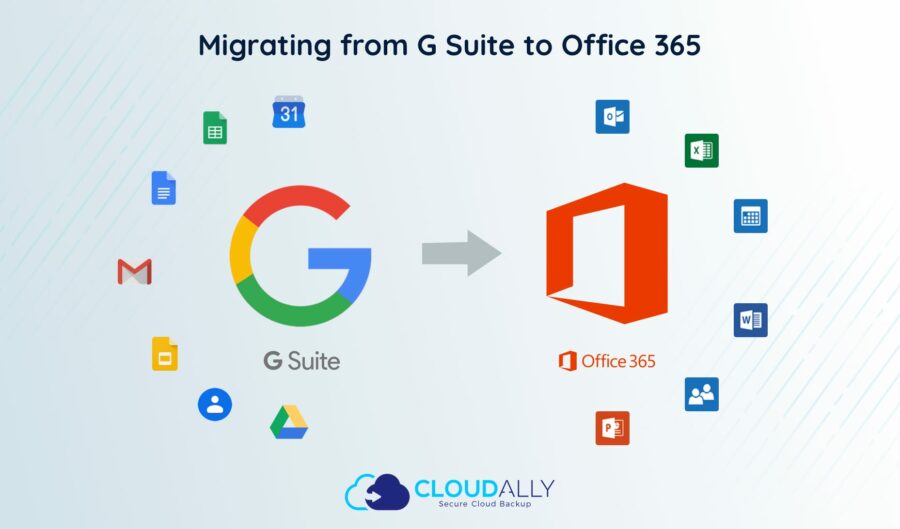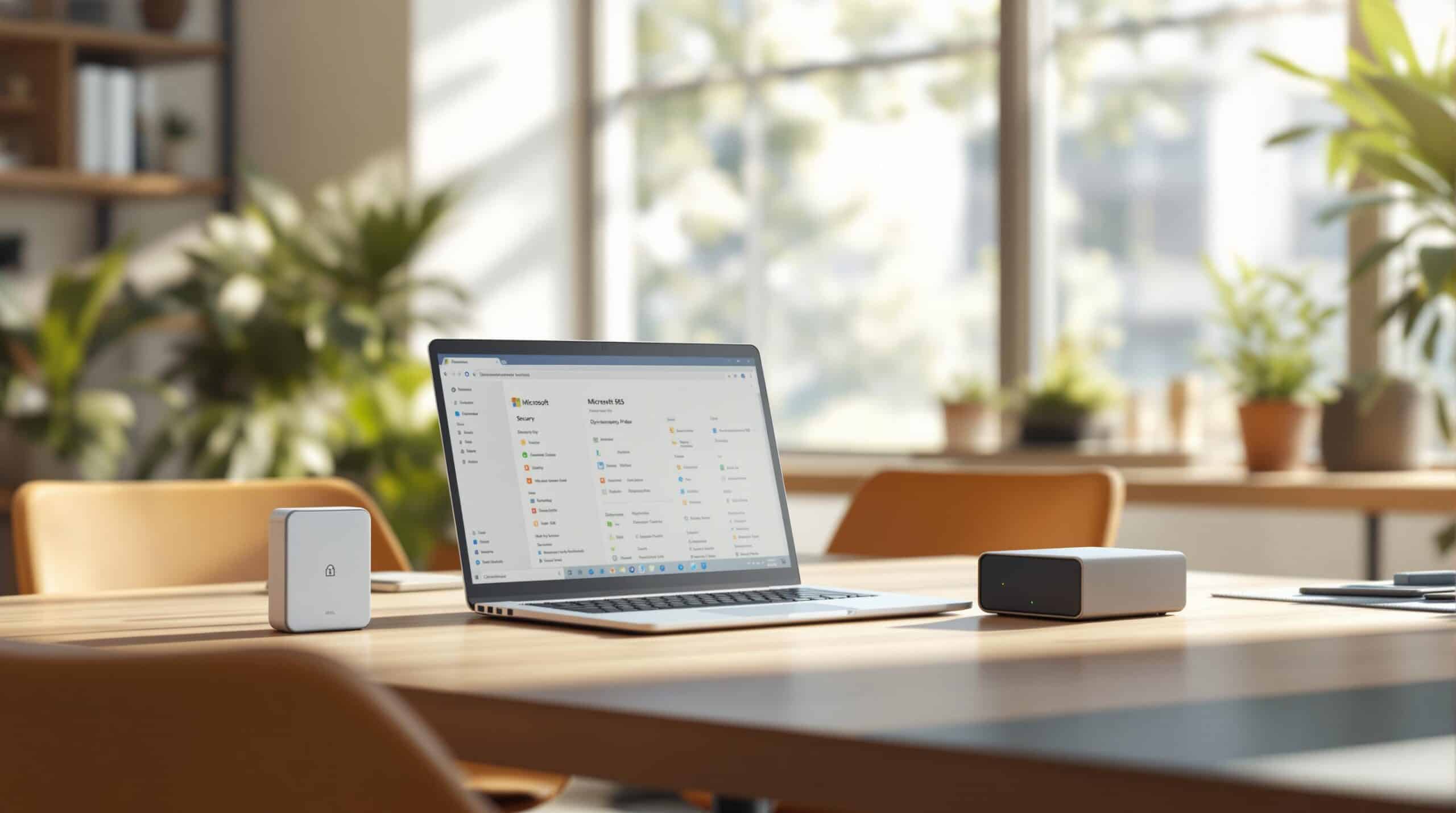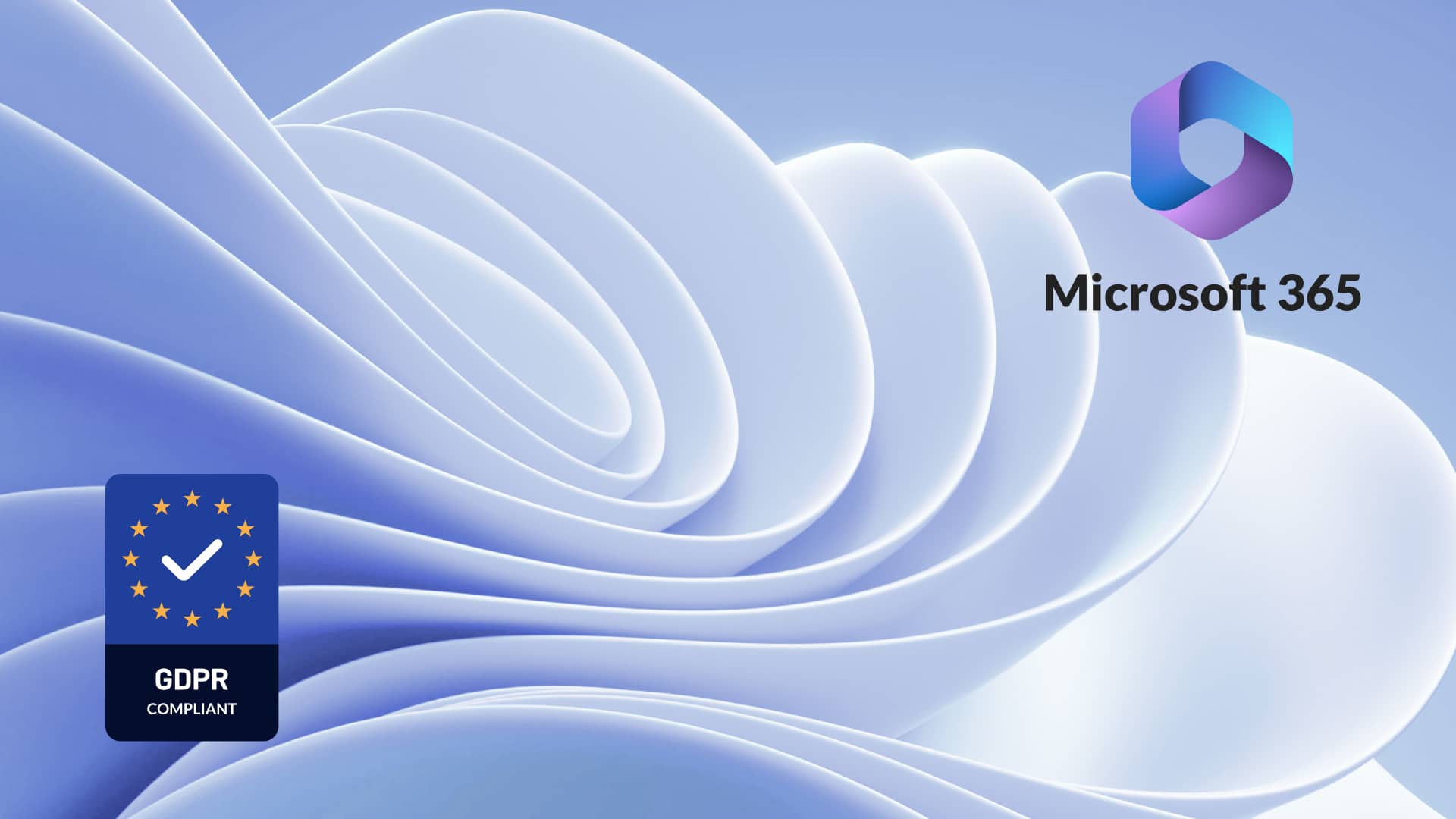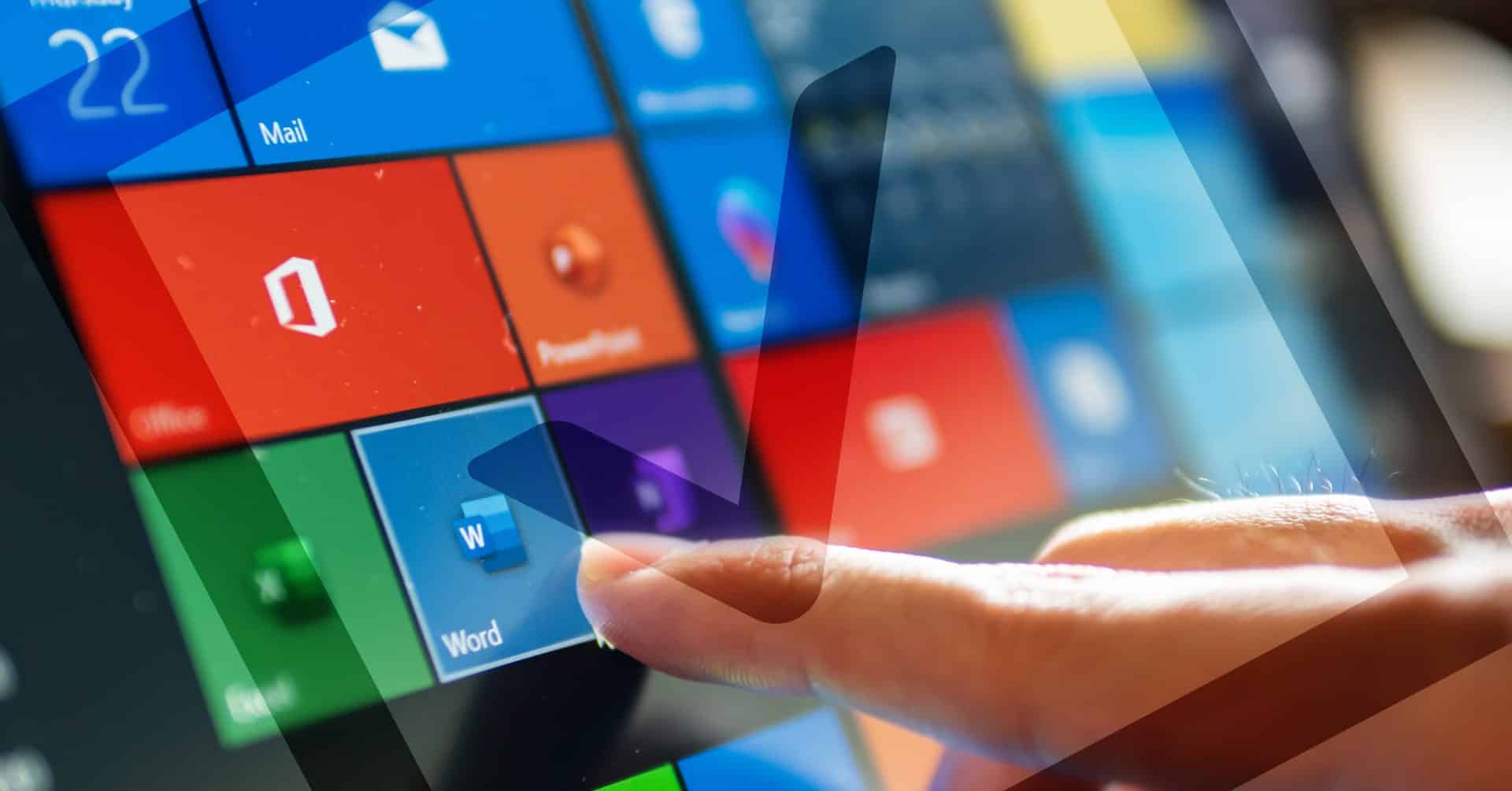MSP Marketing - Richard Tubb
- Thought Leader Talks With Richard Tubb
To put it simply – if you’re a Managed Service Provider (MSP), you’ve been Tubb-ed. Our Thought Leader for the month is a name ubiquitous with mentoring MSPs – Richard Tubb. Richard’s blog has been a cornerstone in the MSP industry for over 15 years, with over 3000 blog posts to help MSP owners. When you have a chat with Richard you’d understand perfectly well why. He’s passionate about helping MSPs grow and scale their business and generous with sharing his proven insights. All based on over two decades of solid IT experience – building a hugely successful MSP from the ground up and as a trusted advisor to hundreds of MSPs and enterprises on small IT business growth.
Talk to your Partner Executive
In Part One, we discuss how MSPs can optimize the digital disruption of the COVID era. Richard shares some practical pointers on developing an MSP marketing strategy, digital transformation, and strengthening your cloud portfolio. For Richard’s pointers on Managed Service Provider Security read Part Two here
How Can MSPs Harness The Pandemic’s Digital Disruption? MSP Differentiators, MSP Marketing Strategy, and Digital Transformation.
How can an MSP use marketing to differentiate itself in a crowded market?
Teresa: Richard, the MSP market is expected to reach $411 billion in 2027, up from $174 billion in 2019 at a Compound Annual Growth Rate (CAGR) of 10.2%. Such robust growth can make it difficult for MSPs to find a niche for themselves. Can you share some pointers for MSPs to better differentiate themselves in a crowded market?
Richard Tubb: That’s a really good question to start with, Teresa. So in terms of niching in the wider IT industry, not just including Managed Service Providers, I typically see a few types. One tends to be geographic – you are the only IT company within a certain distance. If you’ve got that niche, that’s brilliant, but in my experience, there are not too many of those who have got an entire geographical market to themselves. The other one tends to be technical, for instance, specialized in SharePoint or Linux. Apart from these two common ones, in North America and other parts of the world, I do see MSPs that focus on a specific vertical like financial services or healthcare. But here in the UK, I don’t see too many MSPs who are niching, who are focusing on a vertical and I think it’s a missed opportunity.
But for the MSPs who don’t have a niche at the moment, what I would say is that you could differentiate yourself by niching on the type of clients that you work with. Let me give you an example, I know of one MSP based out of Los Angeles who works with young creative businesses. Now that’s a way to differentiate yourself, isn’t it? If you are going through Google and you’re looking for an IT company in the local geography and you see loads of them that say they do “IT support in Los Angeles”. Which one do you choose? But if you see yourself as a young creative business, and then you find a Google listing that says we work with young and creative businesses. People are going to be interested, more interested in working with you. So, you know, niching as a whole is a very powerful way to grow your IT business, but don’t stand on the fact that you have to nation a vertical, you can niche by working with the type of client.
Teresa: Find your target persona and market to them
Richard: Yes, indeed. Exactly.
MSP Marketing and Sales Strategies
Teresa: What advice would you give emerging MSPs struggling to formulate their sales and marketing strategies, particularly with respect to lead generation?
Richard: Another great question. So I will be upfront here, I started my Managed Service Provider business because I’m a techie, I’m a geek. I love working with technology and I was good at helping people. Right. But then all of a sudden, I found that I needed to sell myself to other people as the business grew. Word of mouth only takes you so far and then you need to be in pre-sales and sales situations.
So the first piece of advice I’d give to any aspiring MSP or new MSP, that’s similar to me where the business owner is a techie, primarily is to invest in sales training. Back then, I trained with an organization called Sandler Sales Training. It is a big investment of time and money, but it paid dividends for me. Even if you are not prepared to invest that time and money, there are brilliant sales trainers, mentors, and books that you can find. For instance, there’s a brilliant book that I recommend to people called, “Selling Technology the Sandler Way”. It’s a fairly short read, and it gives you some great ideas. The point is that you want a system when you go into a sales meeting, instead of making it up on the fly. You want to be able to go in there and go, “Right, I know what I’m going to ask, I know when I’m going to keep quiet, and I know when I’m going to listen”. And so you ask the right questions, you listen to the responses and you respond accordingly. That’s the first piece of advice I would give.
But that’s when you’ve got a sales meeting, and before that, you’ve got to attract people who are interested in working with you. Now, this is an area that Managed Service Providers honestly, I think they do it really, really badly. I think marketing is something that MSPs neglect and I would encourage every MSP to put effort into consistent marketing. You can be the best IT company in the world, but if nobody knows about you, what is the point? MSP Marketing can be as simple as engaging with people on social media. LinkedIn is a gold mine for MSPs, trying to find local businesses that they perhaps could work with. My personal approach when I was running, my MSP business was to utilize what is now known as content marketing by blogging. You’ve very kindly mentioned that I’ve written over 3000 blog posts. They have been written over twenty years as an MSP and as a consultant now. And what blogging did for me, was that it allowed me to demonstrate my knowledge to other people. It allowed people to learn from me and learn to trust me. There’s an old adage, “People do business with people they know, like, and trust”. Blogging and content marketing was a way not only of demonstrating my expertise, but of allowing people to get to know me, hopefully, like me, and trust me.
And what I found when I went into sales situations, as a result of the content marketing, was that more than 90% of the job had already been done. When I sat down with them, it was our sale to make. So for anybody reading this and thinking, “Well, content marketing, blogging, podcasts, videos, all those types of things, I’m not sure it’s for me.”
I’ll give a second book recommendation, “They Ask You Answer: A Revolutionary Approach to Inbound Sales, Content Marketing, and Today’s Digital Consumer” by Marcus Sheridan. A wonderful book, there is a ton to learn from it about answering people’s questions and building up trust in your marketing and who you are.
So to summarize, you’ve got to get people through the door, first of all. And that’s where the MSP marketing comes in – content marketing. Then when you go into the sales meeting, have a system.
MSPs and Digital Transformation
Teresa: The aftermath of the pandemic has turned “digital transformation” from a buzzword to a must-have. What are some practical ways that MSPs can harness digital transformation in their application stack, business model, and MSP marketing strategy?
Richard: Digital transformation, you’re absolutely right, was a marketing buzzword. So if anybody is playing buzzword, bingo, well, you can strike that one. But, what I’ve noticed over the last 18 months during the pandemic, it’s gone from being a buzzword to an actual thing that clients are asking their MSPs for. For anybody unfamiliar with what digital transformation is, if I was to really boil it down – it’s helping clients to do more, to do things faster, better, and cheaper through the use of technology.
As Managed Service Providers, we have gone to our client’s sites to look around and we see the way they run their own businesses. And we see processes that are probably not very efficient or optimized. Digital transformation could be as simple as saying, “Hey, I noticed that you’re still using a written order form when you take calls from a client. Then you fax that order form across to a supplier. Can I speak to you about how we’ve got an online ordering system that automatically sends the orders to suppliers? It cuts back on the amount of time that we spend processing orders, and it also makes sure that the orders are processed more accurately. Is that something that you might be interested in?”
So you see, digital transformation isn’t just a buzzword anymore. It’s about helping people use technology to do things faster, better, and cheaper.
The great news is the business that you’ve built as an MSP is probably at the cutting edge of what digital transformation is all about. So the business that you’ve got can serve as a great template for you to have such conversations with the clients – “Look, here’s how we do things. Do you think that could be helpful to you?” And for me, digital transformation is as simple as that – helping the clients to use technology better. But, now with the pandemic and everybody trying to do more with less, it has become really, really important. I think it’s a huge growth area for MSPs.
Teresa: It’s like a lifeboat in these times, right?
Richard: Yeah. And let’s be honest, Teresa, one of the other things during the pandemic that we realized was that every business is a technology business, because everybody needed to work from home and have the technology to work from home. So, you know, it’s no longer a case of people saying, “Oh, well, we’ll stick with how we are”. Every business uses technology now. So it’s a great opportunity for MSPs. That’s true.
Pointers For MSPs to Succeed With The Remote/Hybrid New Normal
Teresa: The remote/hybrid workforce is here to stay. Based on your interactions and mentoring of MSPs, what are some of the key challenges that MSPs face to survive and grow during this new normal? And how can they overcome these challenges?
Richard: Yeah, it’s an interesting one. If we rewind to March 2020, when the pandemic first kicked off, it was quite stressful. When spoke to client MSPs, we all had the same situation – we’re getting clients bombarding us saying, can we move to the cloud? Can you enable our PR people to work from home? Digital transformation, all of these things that we’ve talked about earlier. They were bombarded by them and I call it the great “work-from-home rush”. That’s what took place last March.
But as you rightly say, we’ve reached a point now where some people are starting to get back into the office, but some people just don’t want to. And other businesses have decided, well, we don’t need an expensive office. We’re going to continue working from home. So we are in a situation now where MSPs have to deal with not just one site, but multiple sites, hardware, software users, services distributed across so many different sites. People working from home, from cafes, from offices, all over the place. And the thing I would say to MSPs is, don’t try and fight this, embrace it because it opens up opportunities for you. So one opportunity that I would hugely encourage MSPs to look into is business-grade equipment. If you’ve got clients who have staff still working from home, chances are they are working on consumer-grade equipment – cheap laptops and home PCs. I had one MSP tell me at the start of the lockdown, that they had a client get in touch with them with a Windows 95 laptop. I said, “Can you make the museum?” So there’s a huge opportunity to speak to the clients who are still working from home to say, “Hey, if this is going to be a permanent fixture, let’s talk to you about business-grade equipment, business-grade laptops, good quality chairs for your office, monitors, webcams. Also, let’s have a conversation about the broadband that you’ve got at home because it’s probably consumer-grade and not really fixed. Let’s talk about security; how can we keep staff secure when they’re at home – VPNs for secure remote working”. There are so many opportunities for MSPs.
Traditionally, working from home was this thing that some people do some of the time. Now, this is a part of everything that you’ve got to look after. So, there’s a huge amount of opportunity there with the distributed workforce. Have conversations with clients about security and cloud services, about how you can manage them; because this is where you can add real value to your client’s life. They know that they need to do something, but they’re not sure what you can do to help them. Go down that path with them, take the right turns when they need to.
As you’ve said, Teresa, the world, isn’t going to just snap back to the way it was. This is the new normal (if you’re playing buzzword bingo). So rather than get frustrated, I want Managed Service Providers to think about how they can lower their cost of service and increase their revenue by helping clients with better work-from-home options. Because if you’ve got business-grade equipment, If you’ve got security in place, good cybersecurity. If you’ve got business-grade broadband in place, there’s going to be fewer service tickets for you to resolve, right? Lower your cost of support, which increases your profits and your client will be happy. So it’s a win-win.
How can an MSP strengthen its cloud portfolio?
Teresa: With the massive growth in adoption and popularity of cloud technologies, what tips would you give MSPs keen on strengthening their cloud portfolio and leveraging cloud-based business models such as agility, scalability, and pay-as-you pricing to increase revenue?
Richard: Yeah. So it’s a really interesting one. If you, as an MSP are reading this today do start forging relationships with solution providers. We’ve got Microsoft, we’ve got Google, but there are so many others in the market as well. If you don’t start building those relationships and offering options to your client. They will go and make their own decisions because all it takes now is a smartphone, a credit card and they’re up and running.
So, if you don’t match up, they will cut you out of the loop, that’s it. And then as an MSP, you’ll end up trying to get all of it to work, which can create headaches for you. It’s much better that you build relationships with cloud specialists. Partner with people who know about the Microsoft landscape; all of the different services and solutions. Partner up with somebody who can be your support. I’ve been in this industry for a long time, and prior to hosted computing, prior to cloud computing, we used to work with distributors who would help us choose the best laptops, the best routers, and this, that, and the other. The distribution market has moved on, but now you’ve got cloud solution providers, cloud distributors who can help out. I would encourage MSPs to build that relationship.
But, then realize that where you are going to make the money on cloud computing is not on selling it; because if you sell an Office 365 license, you make a markup, but you only make a margin. It’s not very much, right. I would encourage MSPs to realize that. They have got all the knowledge up here that their clients need to successfully use these cloud services. So if they partner with somebody who can make it easy for them to provide the cloud services, then the MSP can provide the expertise and the support that would enable them to make good money. A good margin. That is valuable. So don’t just sell licenses. Think about how you can package the license to provide a valuable solution to your clients. I hope that makes sense for people reading because MSPs have got the knowledge. Clients know that they need to move to cloud services, but don’t really know what the best avenue to take is, that’s where MSPs bring value.
Teresa: Thanks so much Richard for those great insights. Very helpful for all the MSPs and resellers watching/reading.
Some great pointers from Richard Tubb on fine-tuning your MSP marketing strategy and adapting to the new normal. In Part 2 I talk to Richard about Managed Service Provider Cyber Security– a pertinent topic in these times. How can MSPs, the gatekeepers of our organizations, stay cyber secure, and ensure their customers are cyber secure too? Watch Part Two here
Watch other Thought Leader Insights:
- Gemma Blezard: Salesforce Architect, CTA, Salesforce Certifications
- Salesforce Ben: Pardot, Salesforce Administrator Certifications, the impact of the lockdown on Salesforce professionals
- Szymon Bochniak: Office 365 Data Protection, Microsoft Teams, and Migration
- Michal Zmiri-Yaniv: Lean Startup, Product Vision, and Strategy
- Enrico Murru: Salesforce CTA Journey, Advanced Administrator Certification, Ohana Italia
- Meighan Brodkey: Salesforce World Tour, Slack Acquisition, Women in Tech
- Cyril Louis: Salesforce Pardot Vs Marketing Cloud
- Dena Bauckman: Machine Learning in Data Protection and the importance of Cybersecurity Awareness Month











